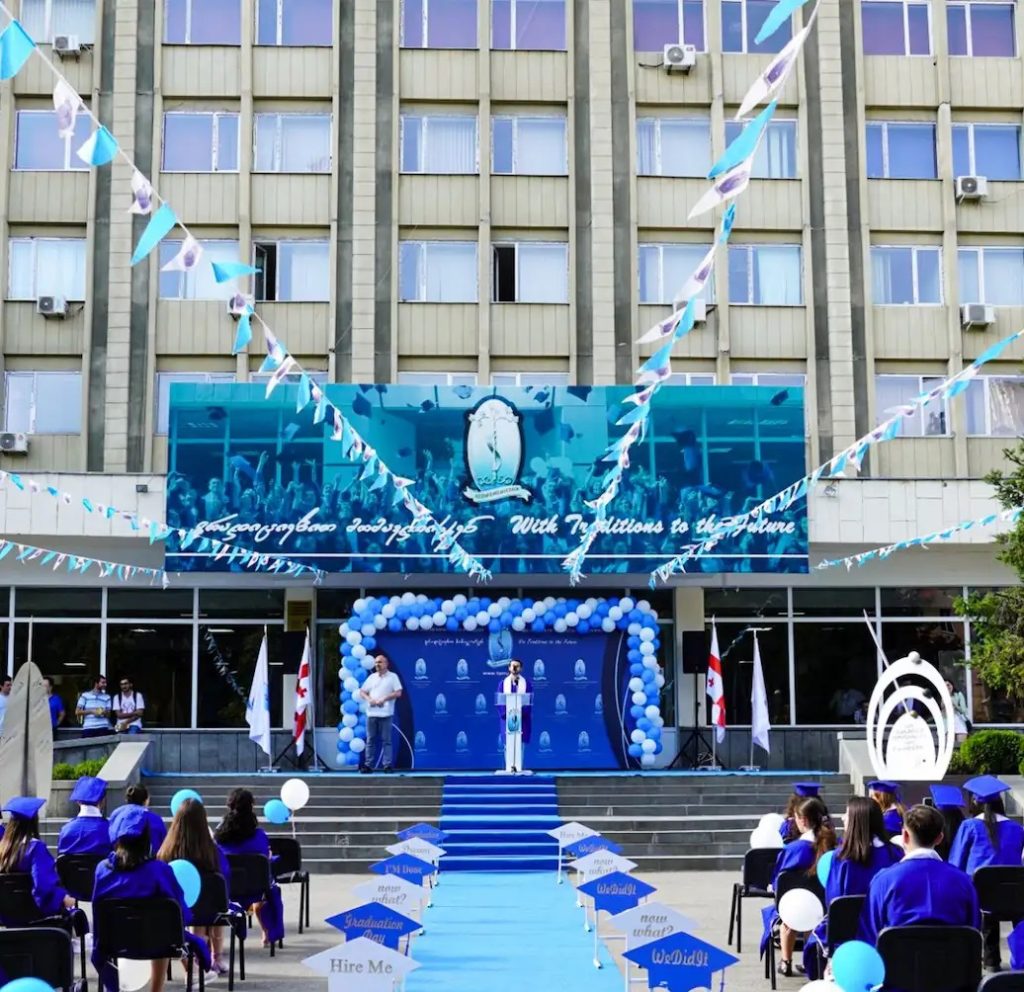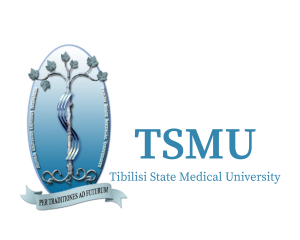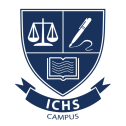Tbilisi State Medical University – Georgia
A Premier Medical University in Europe with Global Recognition
Tbilisi State Medical University (TSMU) is one of the oldest and most prestigious medical universities in the region, located in Tbilisi, the capital of Georgia. Established in 1918, TSMU has over a century of experience in medical education and is internationally renowned for academic excellence, advanced research, and clinical training. It is the largest medical university in Georgia and has trained thousands of international medical professionals who are now practicing worldwide.
TSMU is officially recognized by major international bodies such as the World Health Organization (WHO), World Directory of Medical Schools (WDOMS), and the Educational Commission for Foreign Medical Graduates (ECFMG-USA). The university maintains strong partnerships with institutions across Europe, the US, and Asia, offering students extensive global exposure and opportunities.
Key Highlights of the MBBS Program at TSMU:
- Over 100 years of excellence in medical education
- Globally recognized and NMC/WHO/ECFMG approved
- Fully taught in English with international curriculum standards
- Strong clinical exposure from early years in top hospitals
- Highly qualified, experienced international faculty
- High success rate in licensing exams like USMLE and FMGE
- Affordable tuition fees and low cost of living in Georgia
- International student support and comfortable accommodation

Awarding Body

- Duration : 6 Year
- Fees :
International Recognition and Global Opportunities
Why Choose TSMU University for Medicine?
Facilities and Campus Life
Graduates of the TSMU MBBS program are eligible to sit for international licensing exams such as:
- ERPM (Sri Lanka)
- FMGE (India)
- PLAB (UK)
- USMLE (USA)
- MCCQE (Canada)
- AMC (Australia)
and more…. The program is:
- Approved by the Malaysian Medical Council (MMC)
- Listed in the World Directory of Medical Schools (WDOMS)
- Accepted by medical councils in multiple countries
- Globally Recognized: Approved by WHO, WDOMS, ECFMG (USA), NMC (India), and others
- English-Medium Program: Entire MBBS/MD course is taught in English
- Strong Clinical Training: Early and extensive hospital exposure in top Georgian healthcare institutions
- Affordable Education: Low tuition and cost of living compared to many other countries
- Multinational Student Body: Welcoming campus with students from India, Africa, the Middle East, and Europe
- Safe & Student-Friendly: Located in Tbilisi, a peaceful, modern, and culturally rich capital city
- High Licensing Success Rates: Graduates excel in FMGE, USMLE, and other international exams.
TSMU provides a vibrant and secure campus environment tailored for international students. It promotes academic success, well-being, and cultural integration.
Campus Features:
- On-campus and nearby hostel accommodation
- Cafeterias, gym, and sports complex
- Student clubs, international student office, and language support
- Health and counseling services
- Convenient public transport access to the city center and hospitals
TSMU is located in Tbilisi, a safe, student-friendly city with a rich history, affordable living costs, and a welcoming culture.
Programme Structure
The MBBS (equivalent to MD in Georgia) program at Tbilisi State Medical University is a 6-year, English-medium degree designed to develop well-rounded, clinically competent, and globally recognized medical professionals. The curriculum is fully aligned with European and international standards and integrates both academic learning and practical training from the early years.
Years 1–2: Pre-Clinical Phase
The first two years focus on building a strong foundation in basic medical sciences, such as:
- Human Anatomy
- Histology
- Physiology
- Biochemistry
- Medical Genetics
- Behavioral Science
- Medical Ethics and Professionalism
During this phase, students also begin early clinical exposure through lab simulations and introductory hospital visits, helping them connect theoretical knowledge to real-life medical practice.
Years 3–5: Clinical Phase
From the third year onward, students undergo structured clinical training in university-affiliated hospitals. Subjects covered include:
- Internal Medicine
- General Surgery
- Pediatrics
- Obstetrics & Gynecology
- Neurology
- Psychiatry
- ENT, Ophthalmology, and Dermatology
- Public Health and Family Medicine
Students actively participate in clinical rotations, patient case discussions, diagnostic procedures, and treatment planning under the supervision of experienced medical faculty.
Year 6: Internship/Clinical Rotations
The final year is dedicated to an internship-style clinical rotation where students refine their practical skills in all major specialties. This year focuses on applying knowledge in real-world settings, preparing students for licensing exams and future practice.
The program emphasizes a student-centered, problem-based learning approach and is continuously updated to meet international medical standards. Graduates are eligible to sit for USMLE, PLAB, FMGE, and other global medical licensing exams.
